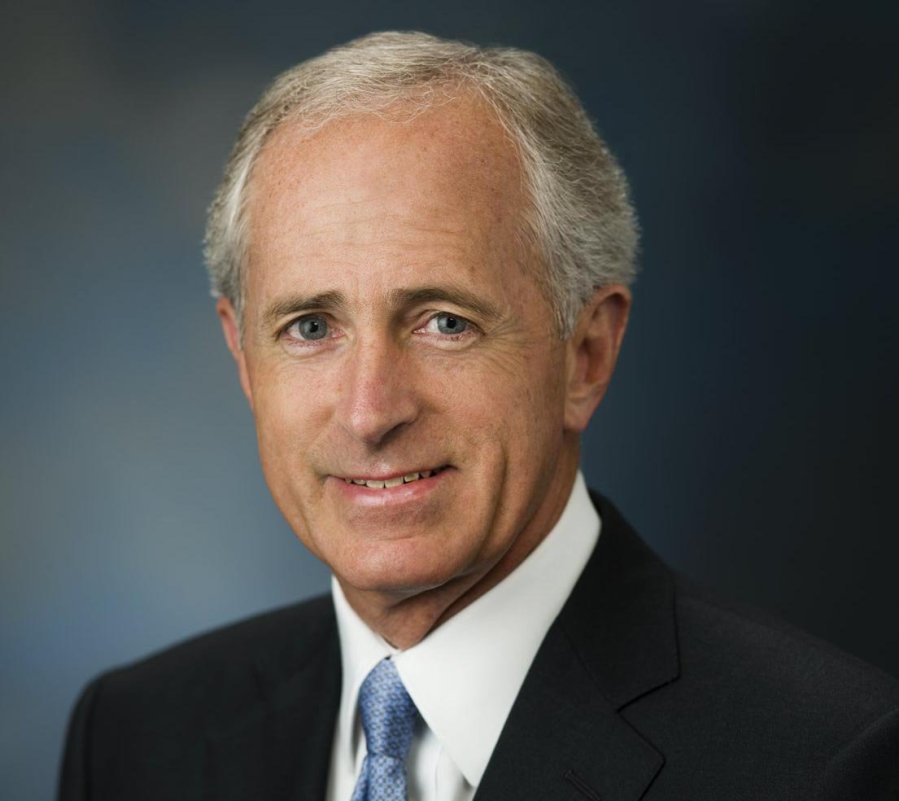The kids wrote another TDA today. I’ll be giving them feedback over the next couple of weeks regarding this as we near the final, actual TDA portion of the state-mandated year-end testing.
Since it was a testing schedule, we only had a few minutes in each class. As they’d already been writing for two hours in the morning, students got a chance to relax a bit and watch 20 minutes or so of the film version of To Kill a Mockingbird. I let them choose from a few scenes:
- Opening (Meeting Dill)
- Shooting the Mad Dog
- Sneaking a Peek at Boo
- The Attempted Lynching
- Bob Ewell’s Revenge
- Meeting Boo
 Most classes chose “The Attempted Lynching” and “Bob Ewell’s Revenge.” Every class was surprised about the number of men there trying to lynch Tom Robinson.
Most classes chose “The Attempted Lynching” and “Bob Ewell’s Revenge.” Every class was surprised about the number of men there trying to lynch Tom Robinson.
“I thought there were only four or five,” one student said, to which almost everyone else nodded in agreement.
We talked for a while about the effect being in a mob has on human behavior. They all suggested good reasons (not getting caught, getting pulled into the emotion of it all, the sheer force and power of numbers), but no one really thought of the anonymity that a mob provides and the way people tend use that anonymity to cloak their on complicity and to hide their own guilt.
We touched on recent events: “I’m not really doing anything. It’s the mob. I just walked into this open building.”





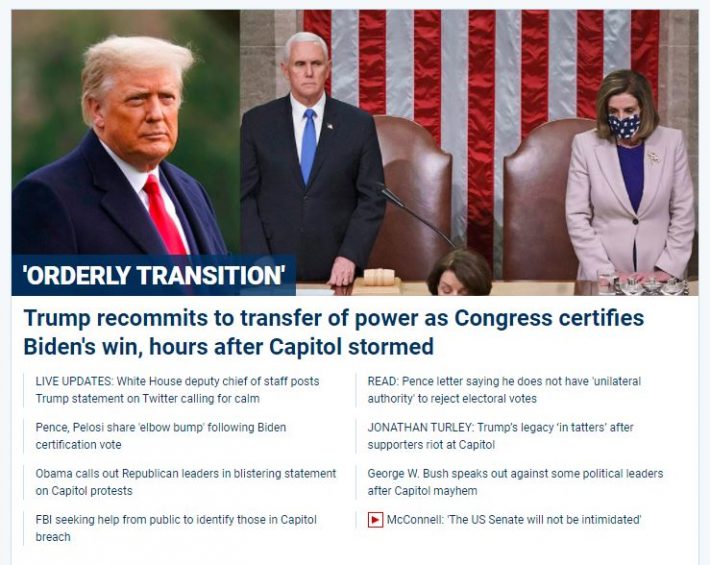


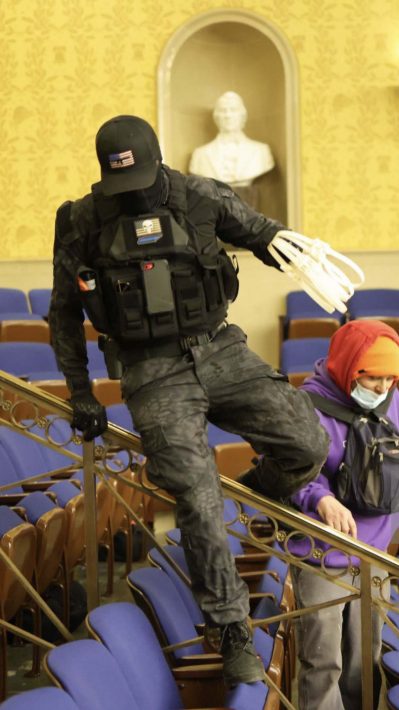
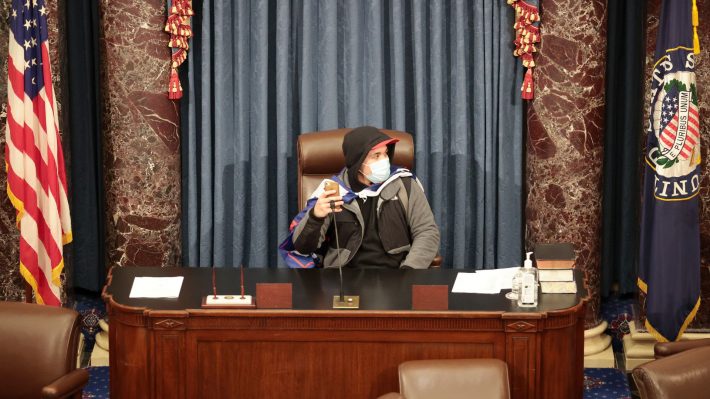


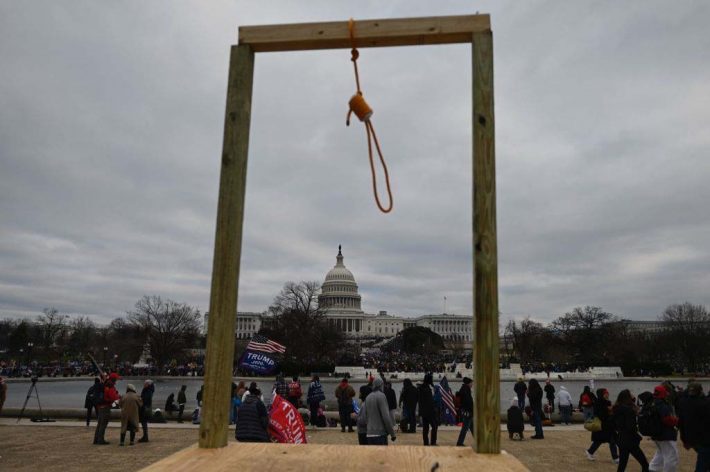
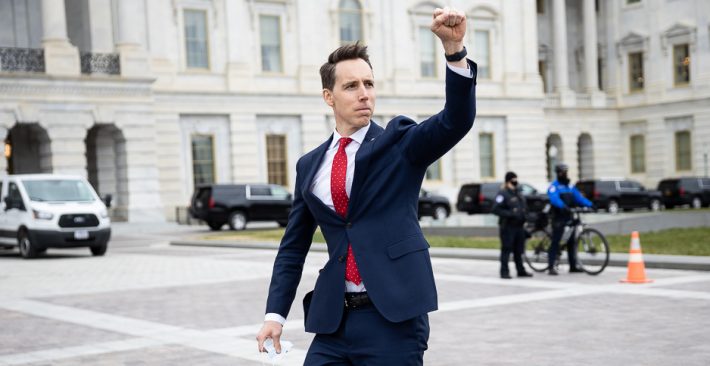
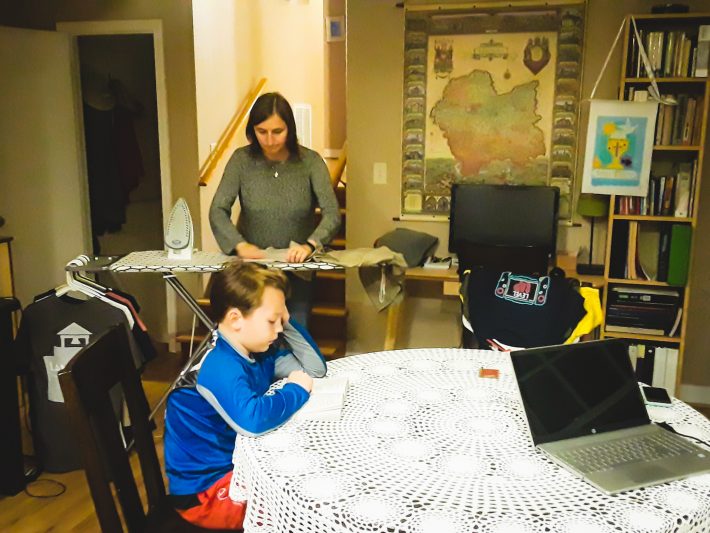


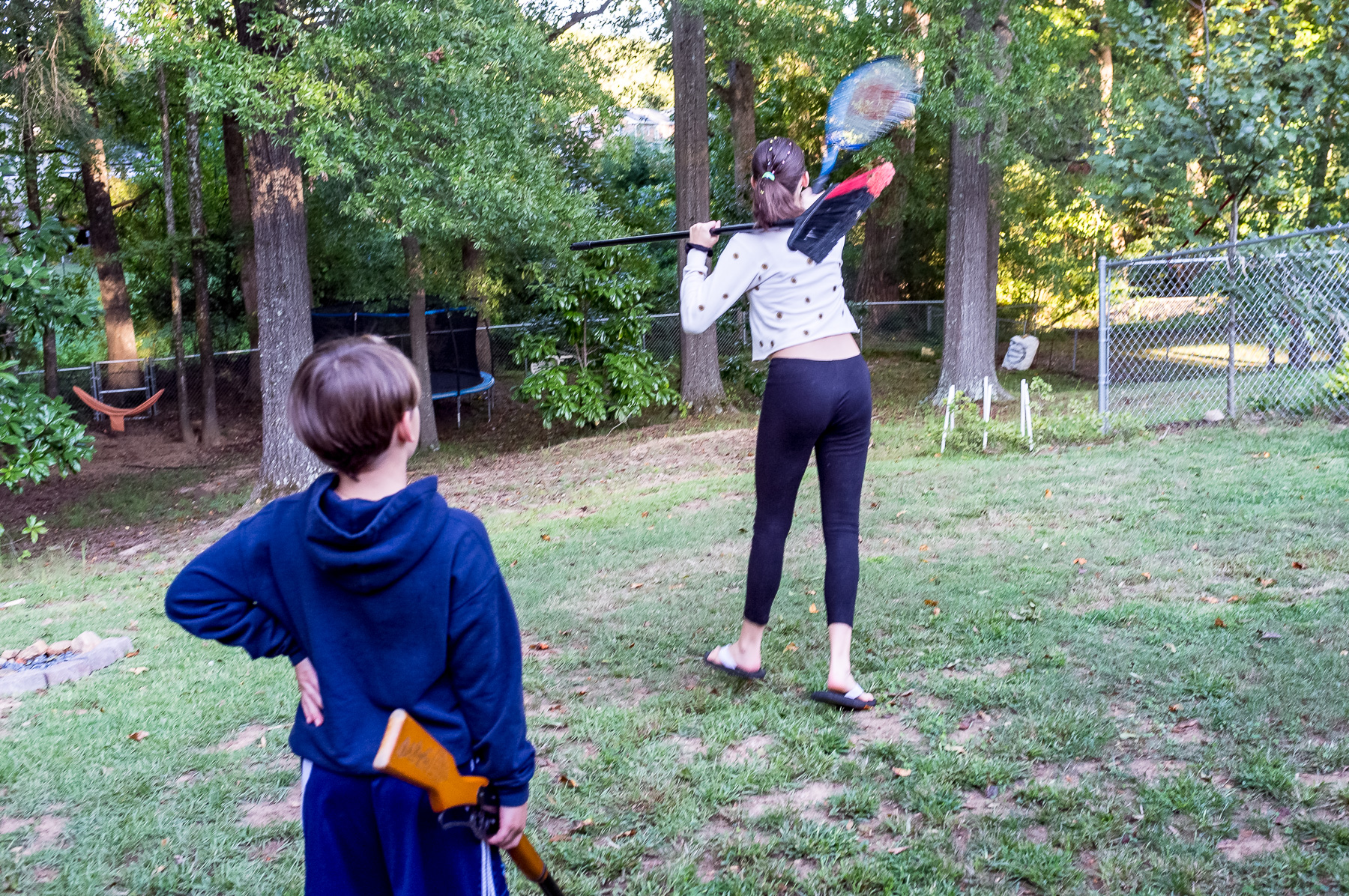

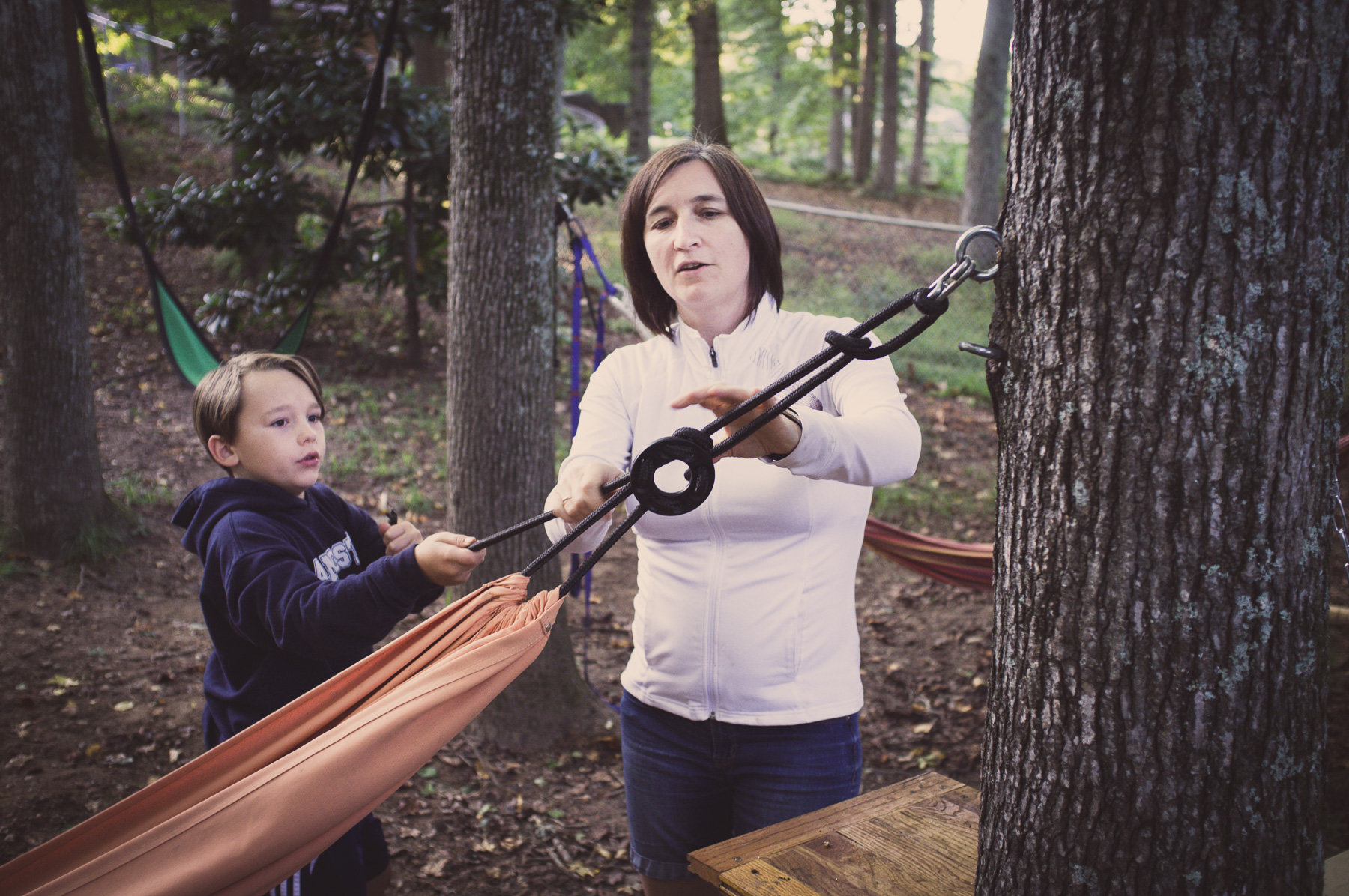









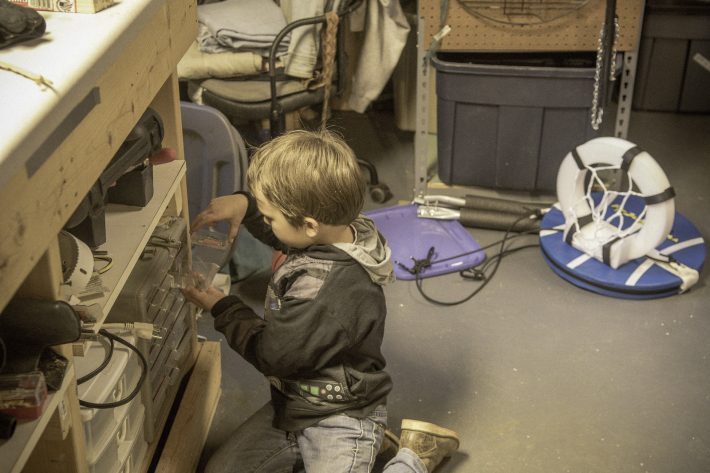

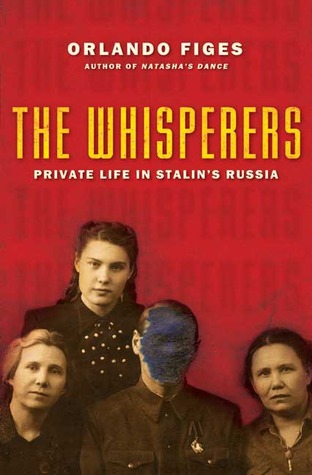
 Many of those who call the three Republicans who voted against the skinny repeal RINOs and such likely don’t even know why they voted that way. Collins explained it thus:
Many of those who call the three Republicans who voted against the skinny repeal RINOs and such likely don’t even know why they voted that way. Collins explained it thus: The second, less-well-known case is here in South Carolina, where Senator Lindsey Graham clarified his position on deporting DREAMers:
The second, less-well-known case is here in South Carolina, where Senator Lindsey Graham clarified his position on deporting DREAMers: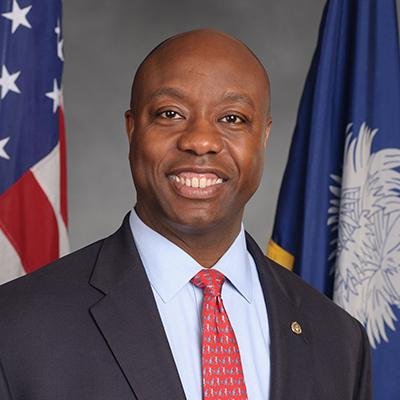 The final and most recent example comes with Republican criticism of Trump’s handling of the Charlottesville attack and his suggestion that the counter-protesters were as much to blame as the white nationalist protesters. Bob Corker and Tim Scott both criticized Trump for his response, with the former suggesting that it illustrated that Trump “has not yet been able to demonstrate the stability nor some of the competence that he needs to demonstrate in order to be successful” and the latter saying that Trump’s “comments on Tuesday started erasing the comments that were strong. What we want to see from our president is clarity and moral authority” (
The final and most recent example comes with Republican criticism of Trump’s handling of the Charlottesville attack and his suggestion that the counter-protesters were as much to blame as the white nationalist protesters. Bob Corker and Tim Scott both criticized Trump for his response, with the former suggesting that it illustrated that Trump “has not yet been able to demonstrate the stability nor some of the competence that he needs to demonstrate in order to be successful” and the latter saying that Trump’s “comments on Tuesday started erasing the comments that were strong. What we want to see from our president is clarity and moral authority” (